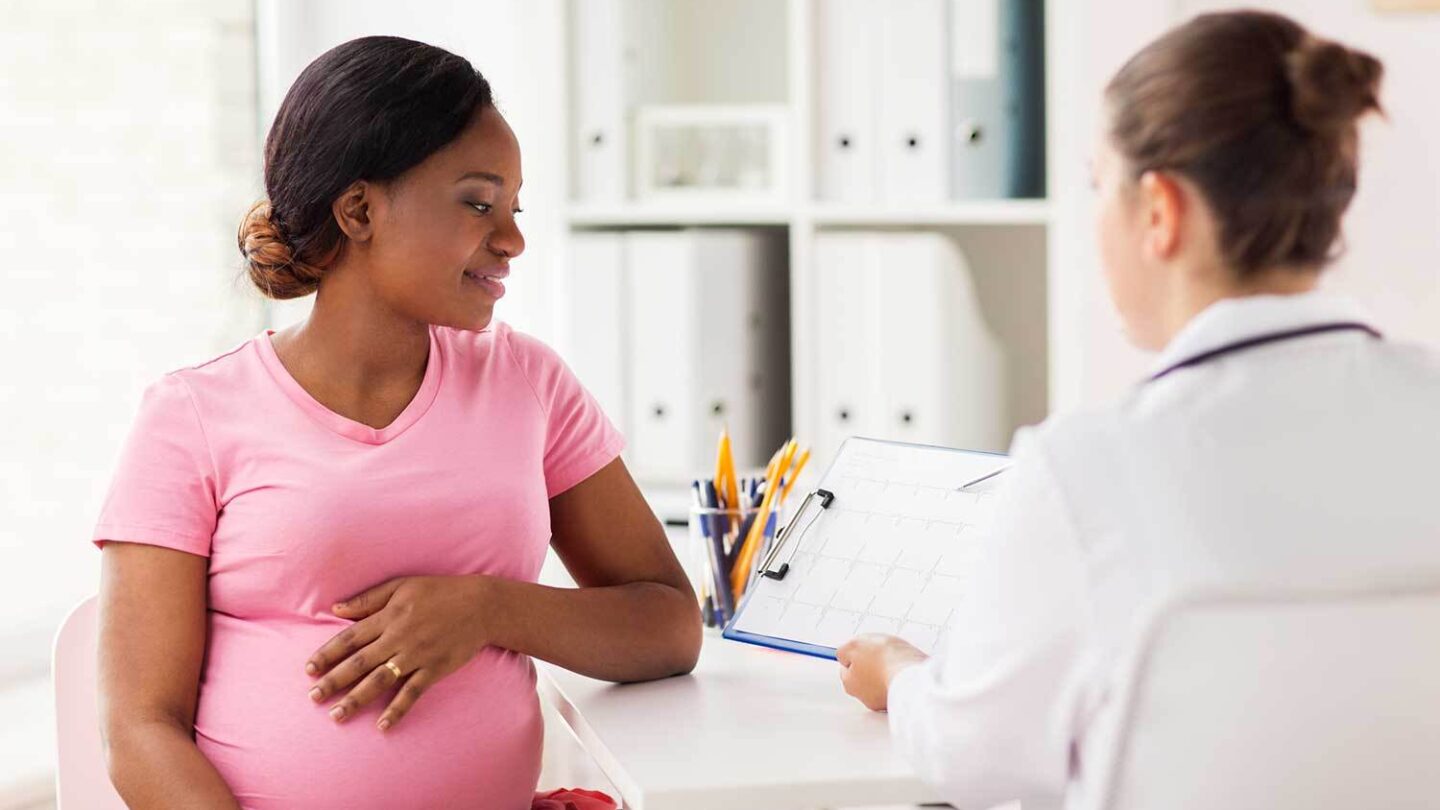Knowing how to deliver real change can feel like an overwhelming task for midwives and other maternity staff who are working tirelessly in a broken system under constant media scrutiny.
But we believe that the partnerships we are building demonstrate the real potential for us to transform and advance change for Black mothers and their infants.
Grassroots organisations, faith groups and community leaders have the cultural understanding and the relationships to start a conversation. They have deep knowledge of the problems their communities face and often, have pretty simple and low-cost solutions to address root causes and start to break the cycle of poor health outcomes.
By providing advocacy, peer support and help to navigate the NHS, community-based initiatives can provide a bridge to vital services as well as non-medical healing that can help Black women process their personal, community and intergenerational trauma. We must acknowledge the value these groups bring to supporting better health and wellbeing and ensure resources flow through the system so they are adequately supported and resourced for their contributions.
A reset in our health system that fosters meaningful, reciprocal partnerships between NHS and communities, is the only way to bring about meaningful change in our maternity services, that in turn improves outcomes for all women giving birth.












